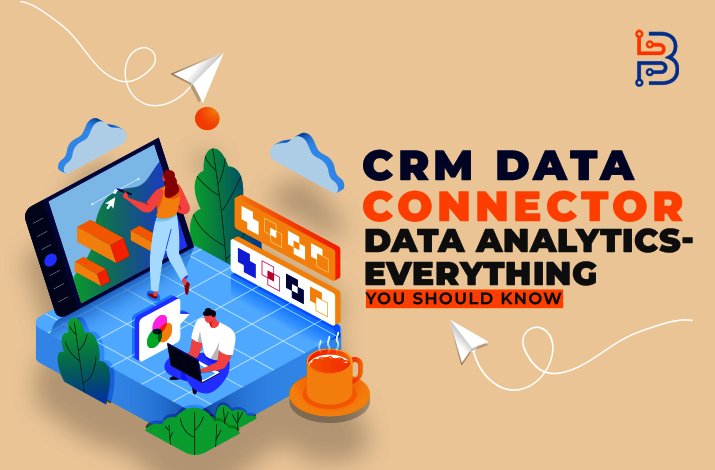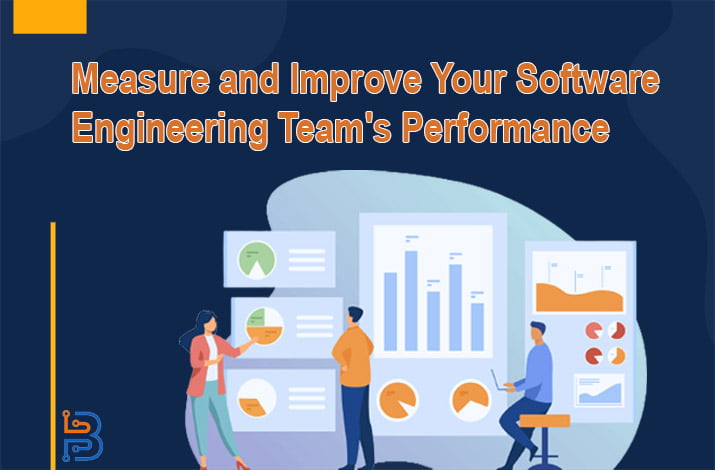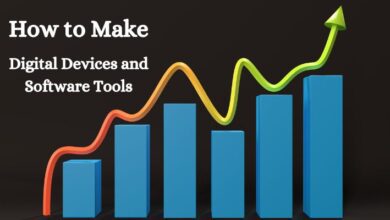CRM Data Connector for Big Data Analytics: Everything You Should Know

Customer relationship management (CRM) systems are essential for organizing and processing customer data. Companies, however, are looking for more cutting-edge methods to extract valuable insights as the volume and complexity of data keep increasing. To make educated decisions and provide individualized experiences, businesses can use a CRM data link for big data analytics to find patterns and trends in consumer data. This combination raises business profitability and boosts consumer happiness. CRM data links for big data analytics help businesses understand customer behaviour, tailor marketing strategies, identify trends, and stay ahead of competitors by identifying new market opportunities.
This article will define a CRM data connector, discuss its significance, and explain why companies should consider implementing one.
Understanding CRM Data Connectors
Your CRM system and massive data analytics tools. It enables businesses to use both organized CRM data and unstructured big data to make data-driven choices by facilitating smooth and real-time data transmission. A wealth of new information that can enhance customer connections, streamline operations, and promote business growth is made possible by allowing businesses to access, analyze, and visualize their data more effectively.
Here, we explain some of the significance of CRM data connectors:
Comprehensive Customer Insights
A CRM data connector combines data from various sources, providing a holistic view of customer interactions and behaviours. Businesses can better understand customers’ preferences and needs after combining structured CRM data with unstructured big data. After analyzing structured and unstructured data, companies can gain valuable information about customer behaviour patterns, preferences, and purchasing habits, thereby improving customer satisfaction and driving business growth.
Real-time Analytics
Real-time data synchronization allows businesses to respond immediately to changing customer behaviour. Whether identifying trends, predicting customer churn, or personalizing marketing strategies, a CRM data connector empowers organizations to make timely decisions. Real-time analytics enable businesses to analyze real-time data, providing instant information and actionable intelligence. This allows for strategic adaptation, customer satisfaction enhancement, and growth by capitalizing on emerging opportunities.
Improved Customer Engagement
Enhanced data analysis enables businesses to create highly personalized customer experiences. Companies can tailor their offerings, communications, and marketing strategies by understanding customer preferences to better resonate with their target audience. Real-time data analysis helps businesses understand customer behaviour, provide personalized recommendations, and stay competitive by continuously adapting strategies to meet evolving customer needs.
Operational Efficiency
Streamlining data integration processes using CRM data connectors eliminates the need for manual data entry and transformation, reducing human error and saving time. This leads to more efficient business operations. Furthermore, automated data integration ensures that data is reliably and consistently updated across many systems, enhancing data quality and decision-making. Organizations can better utilize their resources and concentrate on other strategic initiatives to increase operational efficiency by doing away with the requirement for manual intervention.
Cost Savings
Integrating a CRM data connector for big data analytics can save substantial costs. It reduces the need for extensive IT resources to manage data transfers, and the automation of processes minimizes the risk of errors, which can be costly to rectify. A CRM data connector enables real-time data analysis, faster decision-making, cost savings, and automation of data transfers, freeing up resources for other critical business areas.
Choosing the Right CRM Data Connector
When selecting a CRM data connector, several factors need to be considered:
Compatibility
Ensure the connector works with your CRM system and significant data analytics tools. Popular CRM data connectors include Salesforce, HubSpot, and Microsoft Dynamics Connector. These connectors enable easy data synchronization and integration between your CRM platform and other crucial technologies. Confirming that the connector provides the features and functionality your CRM system needs, such as custom field mapping and real-time data changes, is essential.
Read Also: Top Business Software
Data Security
Prioritize data security and compliance. The connector should employ encryption and other security measures to protect sensitive customer data. Confirming that the connector complies with industry standards and regulations, such as GDPR or HIPAA, is critical, depending on your unique business requirements. Regular security audits and updates should also be conducted to protect the data’s integrity between systems.
Real-time Capabilities
Opt for a connector that synchronizes real-time data for timely decision-making and customer interactions. Businesses that depend on current information to make quick choices and offer prompt consumer interactions need real-time capabilities. To guarantee that the most recent data is always accessible, the connector must be able to effortlessly and continuously synchronize data between systems in real time. The connector’s ability to manage growing data volumes and sustain future growth must also be considered.
Scalability
Choose a CRM data connector that can scale with your business as it grows, accommodating an increasing volume of data and more complex analytics requirements. Thanks to a scalable CRM data connector, your system can handle the expanding data quantities and changing analytics requirements without suffering performance or efficiency losses.
Customization
Look for a connector that can be customized to meet your specific business needs. The ability to adapt to unique data integration and analysis requirements is essential. This will enable you to customize the connector to your business’s unique workflows and processes, allowing a seamless interface with your current systems. A configurable connector will simplify implementing upcoming adjustments or improvements to your data integration and analysis requirements without interfering with your business operations.
Conclusion
Businesses must be aware of the potential of CRM data connectors for big data analytics at a time when data is king. These connectors connect organized CRM data to unstructured big data, providing insights to improve customer interactions, streamline business processes, and spur expansion. Businesses should consider compatibility, data security, real-time capabilities, scalability, and customization when selecting a good CRM data connectorctor when selecting a suitable CRM data connector.
Companies may maximise the value of their customer data by investing in a CRM data connector, giving them a competitive advantage in today’s data-driven business environment. Integrating a CRM data connector enables businesses to leverage unstructured big data for improved decision-making, innovation, customer satisfaction, and profitability.






